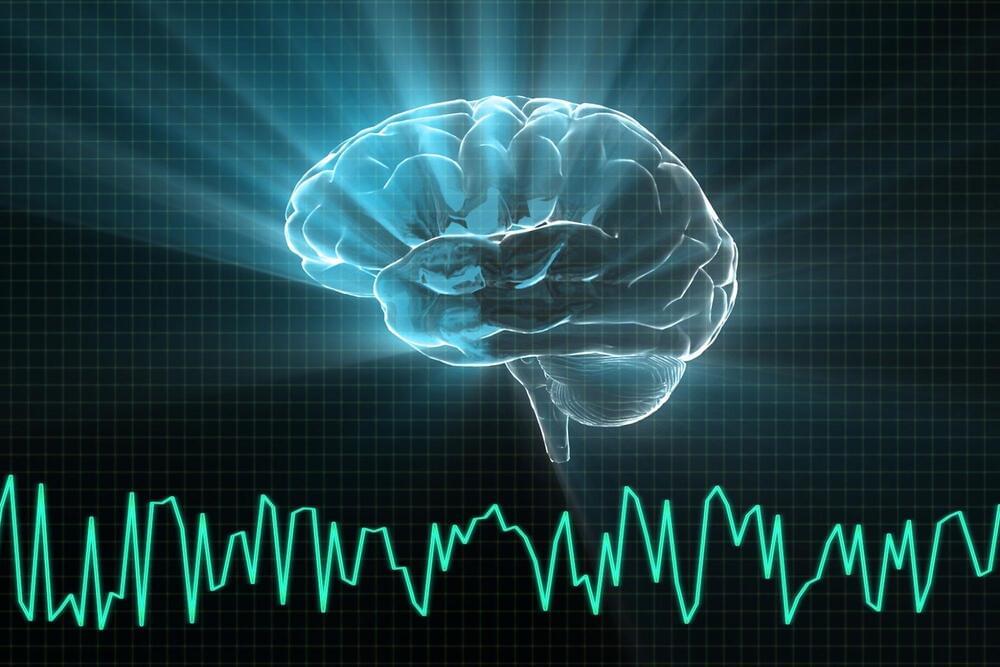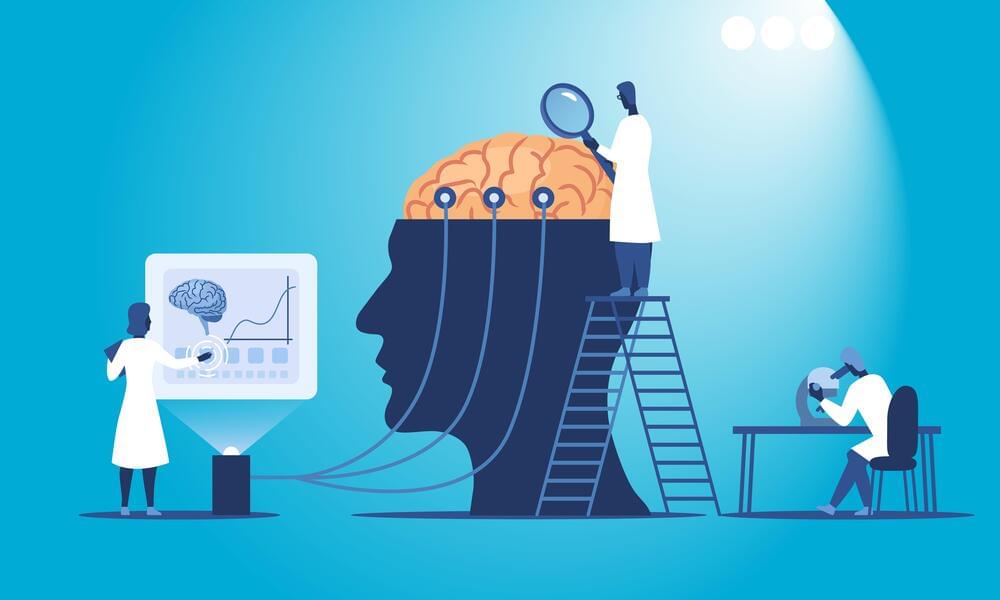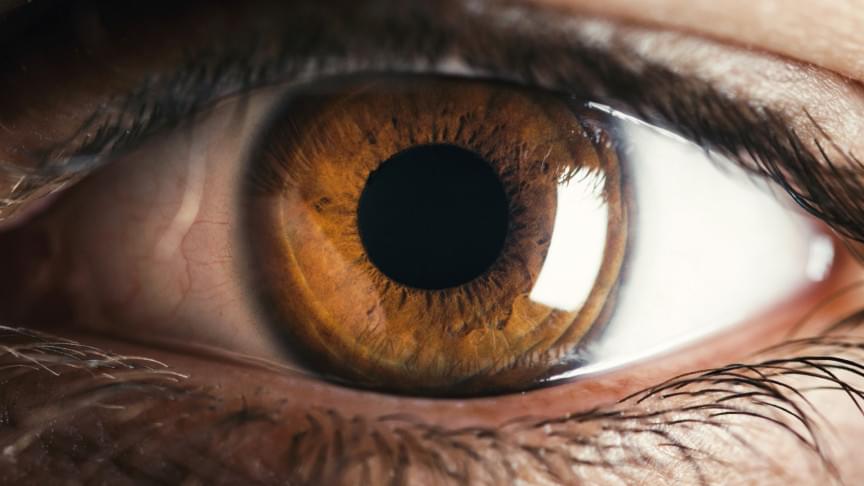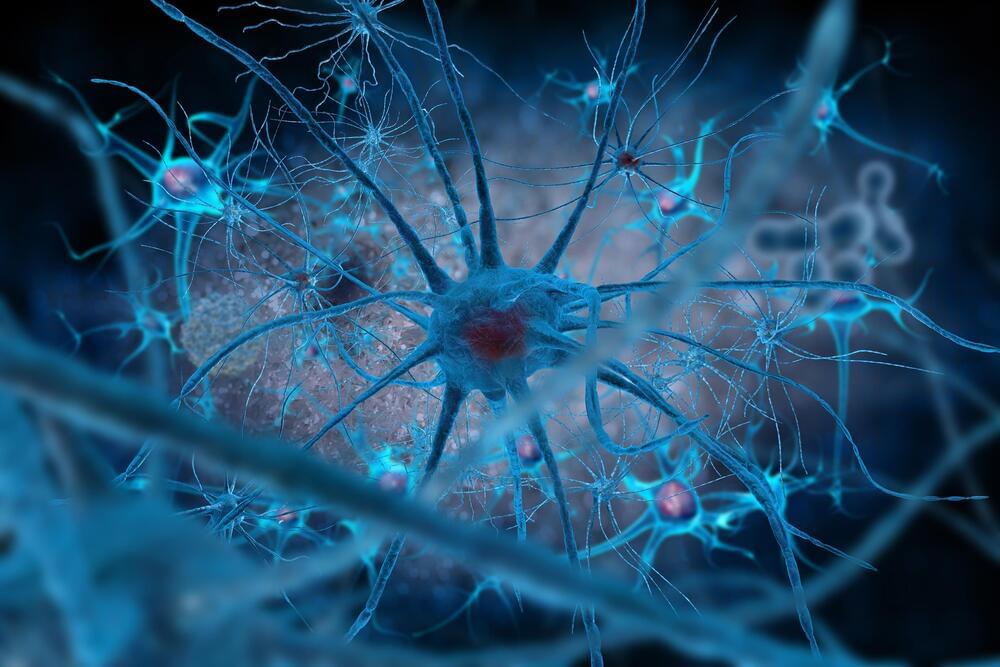Researchers have developed an algorithm that can identify the basic needs of users from the text and images they share on social networks. The experts hope this tool will help psychologists to diagnose possible mental health problems. The study suggests that Spanish-speaking users are more likely to mention relationship problems when feeling depressed than English speakers.
We spend a substantial amount of our time sharing images, videos or thoughts on social networks such as Instagram, Facebook and Twitter. Now, a group of researchers from the Universitat Oberta de Catalunya (UOC) has developed an algorithm that aims to help psychologists diagnose possible mental health problems through the content people post on these platforms.
According to William Glasser’s Choice Theory, there are five basic needs that are central to all human behavior: Survival, Power, Freedom, Belonging and Fun. These needs even have an influence on the images we choose to upload to our Instagram page. “How we present ourselves on social media can provide useful information about behaviors, personalities, perspectives, motives and needs,” explained Mohammad Mahdi Dehshibi, who led this study within the AI for Human Well-being (AIWELL) group, which belongs to the Faculty of Computer Science, Multimedia and Telecommunications at the UOC.









